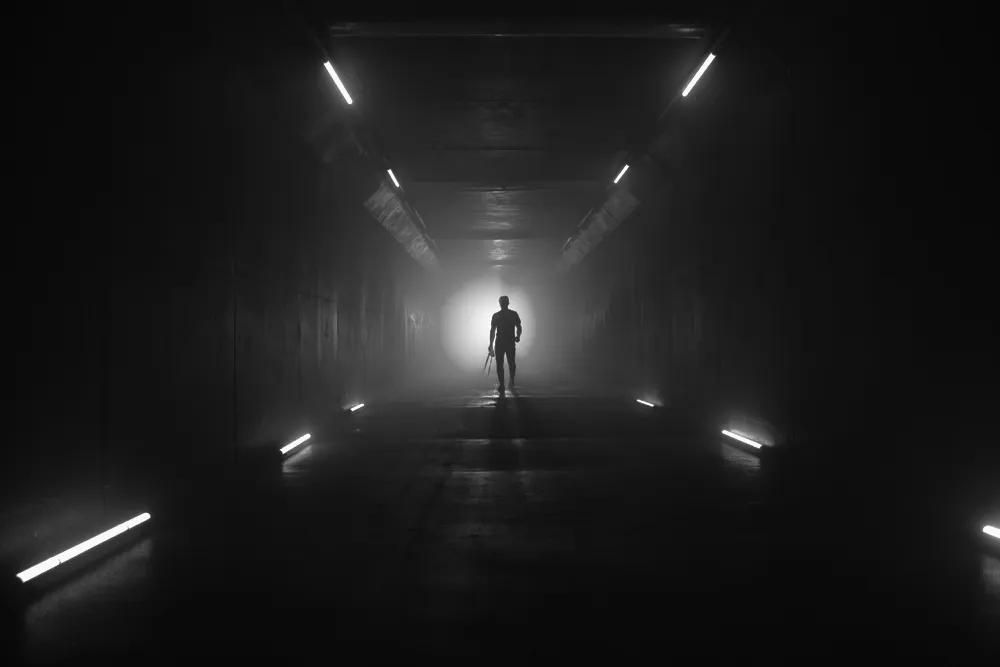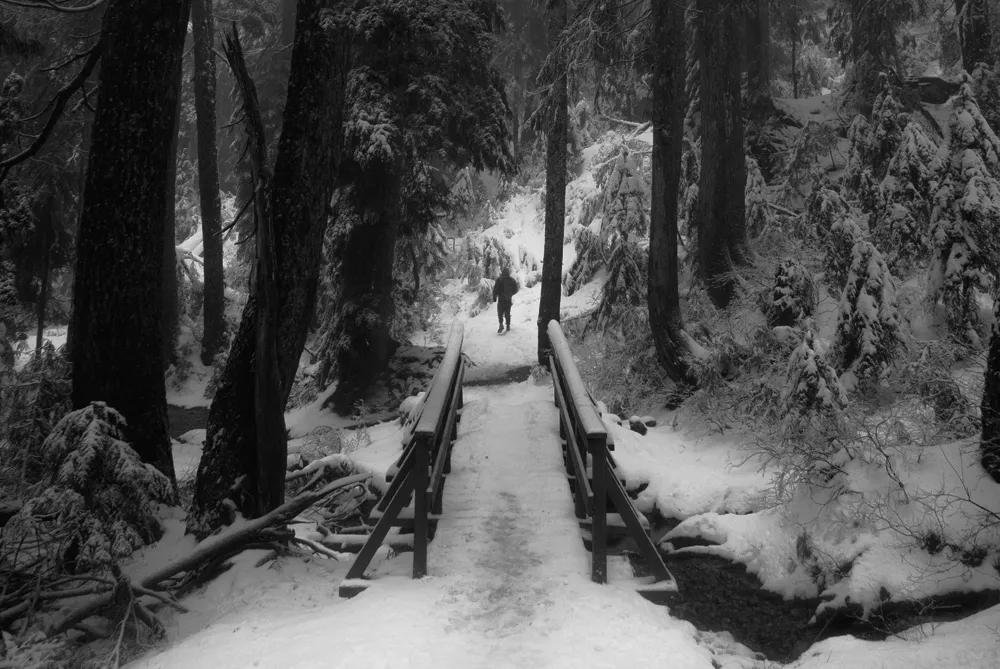SHIFT by Hugh Howey

Introduction:
"Shift" by Hugh Howey is the second installment in the Silo series, following the critically acclaimed "Wool." Published in 2013, "Shift" takes readers deeper into the enigmatic world of the silos, unveiling the secrets that have long been buried beneath the Earth's surface. This review explores the strengths of "Shift," focusing on its intricate world-building, well-crafted characters, and the exploration of societal themes that make it a standout in the dystopian genre.
Intricate World-Building:
One of the most striking aspects of "Shift" is the meticulously crafted world that Hugh Howey presents to the reader. The novel, set in a post-apocalyptic future, revolves around a network of underground silos, each a self-contained society designed to ensure humanity's survival in the face of a toxic and uninhabitable surface. Howey's world-building is both imaginative and realistic, drawing readers into a dystopian landscape filled with intrigue and danger.
The author's attention to detail is remarkable, as he vividly describes the inner workings of the silos, their hierarchical structures, and the technology that sustains life below ground. Howey's portrayal of the stark contrast between the confined, mechanical existence within the silos and the desolate, toxic surface world adds depth to the narrative.
The novel's structure, with its multiple timelines and points of view, adds layers to the world-building. Readers are taken on a journey that spans centuries, witnessing the birth of the silos and the evolution of their purpose over time. Howey's ability to convey the history and social dynamics of this underground society adds authenticity and intrigue to the world he has created.
Character Development:
"Shift" continues to impress with its well-developed and multi-dimensional characters. The novel follows the lives of various protagonists, each offering a unique perspective on the world of the silos. Donald Keene, a pivotal character in the story, is a compelling figure whose intellectual curiosity and moral dilemmas drive the narrative. His transformation from an obedient worker to a critical thinker willing to defy the status quo is a central theme of the novel.
The supporting cast, including Senator Thurman, Solo, and others, adds depth to the story. Each character brings their own motivations, moral dilemmas, and complexities, contributing to the intricate web of relationships and secrets that drive the narrative forward.
Howey's portrayal of human nature and the psychological effects of living within the confines of the silos is both poignant and thought-provoking. The characters' struggles with loyalty, rebellion, and self-discovery provide rich exploration of the human condition in a confined and highly controlled environment.
Exploration of Societal Themes:
"Shift" delves into significant societal themes, inviting readers to contemplate the consequences of extreme measures taken to ensure the survival of a population. The silos are a microcosm of a society built on secrecy, control, and manipulation, where the cost of survival is often paid with individual freedom and the truth.
The novel raises compelling questions about the ethics of leadership, the manipulation of information, and the sacrifices made in the name of the greater good. Howey's exploration of these themes prompts readers to consider the trade-offs between security and personal liberty, and the potential for abuse of power in the name of survival.
The exploration of themes related to authority and resistance is particularly relevant, as characters wrestle with their own allegiances and the consequences of defying the status quo. The silos, despite their grim and confined existence, become a stage for moral and ethical dilemmas that resonate with broader societal concerns.
Suspense and Pacing:
"Shift" maintains a consistent level of suspense throughout the narrative. Howey skillfully balances the past and present timelines, gradually revealing the secrets and mysteries of the silos. The novel's pacing is well-managed, with each chapter offering new revelations and challenges. The intricate narrative structure keeps readers engaged and eager to uncover the next piece of the puzzle.
The gradual unveiling of the silos' history, the motives of key characters, and the shocking revelations add to the suspense and excitement. The sense of foreboding and the relentless push toward a captivating climax make "Shift" an immersive and thrilling dystopian tale.
Conclusion:
"Shift" by Hugh Howey is a dystopian masterpiece that builds upon the foundation laid by "Wool." Its intricate world-building, well-developed characters, and exploration of societal themes combine to create a compelling and intellectually stimulating reading experience. The novel's portrayal of the silos, their history, and the moral and ethical dilemmas faced by the characters make it a thought-provoking and engaging journey.
For fans of dystopian fiction that delves into deep societal themes and the complexities of human nature, "Shift" is a must-read. It showcases the enduring appeal of the Silo series and reminds readers of the ethical challenges that arise in the face of extreme measures taken for survival. This second installment is a testament to Hugh Howey's storytelling prowess and his ability to immerse readers in a world where the boundaries between truth and deception are constantly blurred.






